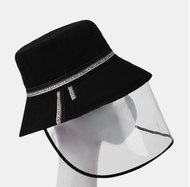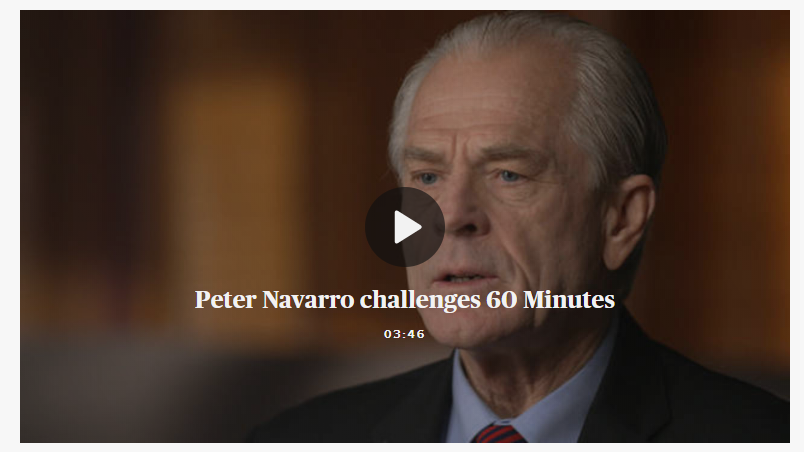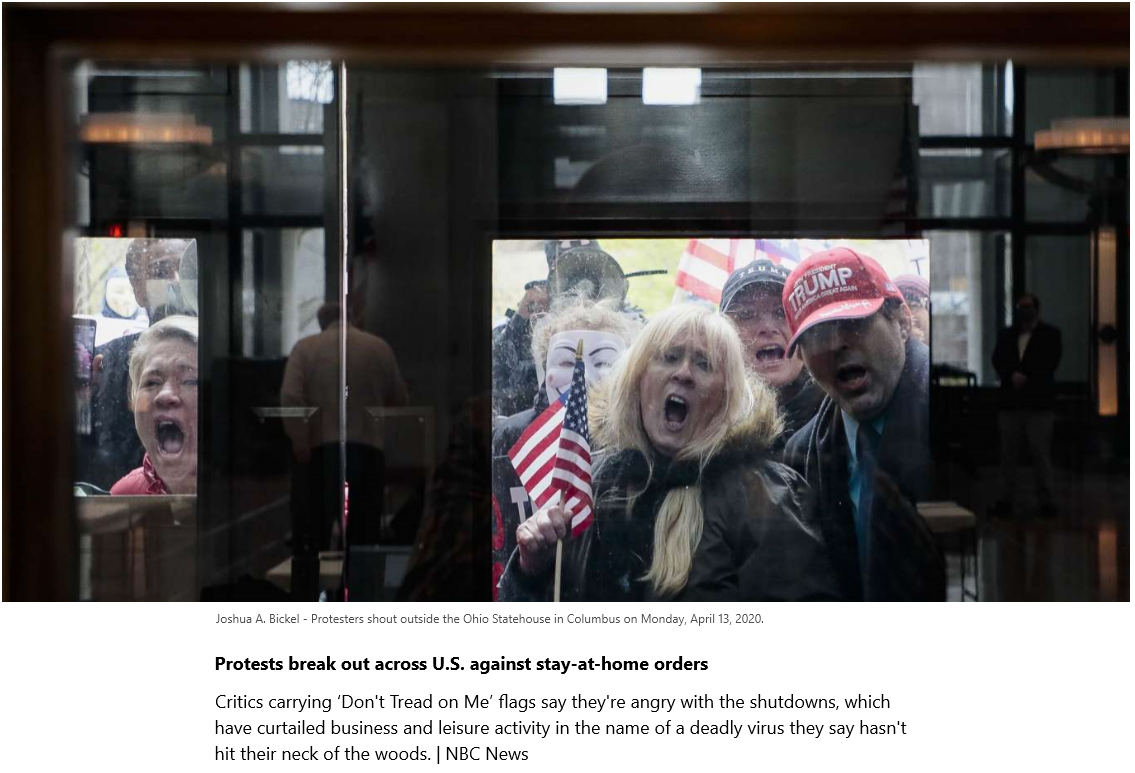|
Greetings from 53.5° north latitude. If my weeks had themes, this week's theme would have to be "The Triumph of the Introverts". I could see the struggle and the fatigue in the faces and hear in the voices of my friends and coworkers this last week. What seemed like a holiday a few weeks ago, a chance to hang out, try some new tech, ignore the commute, turned this last week into the slog of quarantine. The fact that we haven't hit the peak yet, that we have a significant amount of time before isolation ends, the fact that we should mentally prepare for another wave in the fall, has all taken its toll on those around me. But not everyone is doing poorly. Some of us, the introverts especially, are faring much better. One might even argue that we were made for these times. If you have a deep-seated need to be in physical contact with someone, you are going to be in a much worse place right now than if connection via video conference is sufficient for you. Mental health issues will be paramount while and after we deal with the physical issues. I'll point out the same mental health support videos that I highlighted in last week's entry. Watch them for yourself and those close to you, and share those with others in case they might benefit as well. Even if you are doing better than most because of your innate personality and genetic makeup, it is highly unlikely that you are immune from mental health concerns. Take care of yourself.  There were a few other COVID-related items worth highlighting this week. The first was this combination sun hat and face shield. My spouse is looking seriously at getting one, but for some reason I just cannot take it seriously. The company selling these hats has various other "Health Protection" items for sale, but the main categories of their products on their web site include "Spring Fashion" and "Accessory and Beauty" so I can't help but feel that this is nothing more than a cash grab. 60 Minutes broadcast an interview with Peter Navarro, who US President Trump appointed to lead the initiative to distribute Personal Protective Equipment. Watch that interview for a quick lesson in deflection and redirection, and to see pushback in action instead of leadership. In the end though, 60 Minutes comes out on top with this interview with their mic-drop moment when they highlighted their previous reporting on pandemic response after Navarro openly challenged their role and leadership. And speaking of a lack of leadership, take a read of this article and a look at the picture below to see what happens when poor leaders lead poorly. Note the vitriol of the Trump supporters with their MAGA hats and their "Don't Tread on Me" flags, all because of the American cellular-level need for loudly protecting personal freedoms, rekindling the "age-old U.S. debate over government regulation vs. personal liberty", fueled by a leader who just cannot lead.  There is more to life, well my life at least, than COVID, so let's talk about something else for a while, shall we? Cybersecurity is important to everyone, and I would be remiss if I did not pass on this note about CIRA's new Internet protection service they call "Canadian Shield". CIRA touts their DNS privacy service, ransomware blocking, and pornography filtering service as "enterprise-grade protection for all Canadians". It is super easy to setup and free. If you are Canadian and don't already have access to a similar service or commercial offering, there is no reason why you shouldn't configure your home network using CIRA's Canadian Shield settings.  Reading Pile: There was a lot of reading in my life this week, and I was able to finish one small book. Book #14 for 2020 was Susan Sontag's "Illness as Metaphor", the third book in our social science reading group hosted by Adam Greenfield. We only read excerpts of the first two books, but this week we read the whole book from Sontag. To be fair, it clocked in at a paltry 88 pages, but I will count it as a full book regardless. There was a lot of very powerful language in this book; language that made me think about the social "value" of diseases, and how two diseases can be viewed so differently. A lot of the book is focused on tuberculosis, and early in the book, Sontag discusses how the consumption and wasting comes from TB has lead to the skinny mindset in the twentieth century. Twentieth-century women's fashions (with their cult of thinness) are the last stronghold of the metaphors associated with the romanticizing of TB in the late eighteenth and early nineteenth centuries. Sontag then contrasted the new waifish chic brought along by TB with how their male contemporaries stereotyped themselves. Gradually, the tubercular look, which symbolized an appealing vulnerability, a superior sensitivity, became more and more the ideal look for women—while great men of the mid- and late nineteenth century grew fat, founded industrial empires, wrote hundreds of novels, made wars, and plundered continents. I'm glad we read Sontag's book, but I couldn't help but feel it was dated. The book quotes Kafka a couple times as he ultimately died from TB in 1924. One quote from him from 1920 said that he had an illness of the mind that had moved to his body. Sontag's book was written in 1978, meaning there is a span of 58 years between his quote and Sontag's book. At present in 2020, there have been 41 years since Sontag wrote this book, which is getting close to the gap between Kafka and Sontag. Think how much has changed in collective thinking in those 41 years, and it seems that a 2020 Sontag book on the same topic would arrive at new conclusions. It is unfortunate that Sontag passed away so many years ago, as it would be insightful to read a 2020 version with a new foreword by the author. New Words:
Lots of new words this week from a combination of War and Peace, The Count of Monte Cristo, Sontag's book discussed above, and a new science fiction book that I will hopefully be able to finish this week. corvée [kôrˈvā] NOUN (historical)
hortatory [ˈhôrdəˌtôrē] ADJECTIVE
etiology [ˌēdēˈäləjē] NOUN
enervate [enervate] VERB
garret [ˈɡerət] NOUN
parvenu [ˈpärvəˌn(y)o͞o] NOUN (derogatory)
rachitis [rəˈkīdəs] NOUN
philippic [fəˈlipik] NOUN (literary)
autophagy [ôˈtäfəjē] NOUN (biology)
laity [ˈlāədē] NOUN
exemplum [iɡˈzempləm] NOUN
orgone [ˈôrɡōn] NOUN
apposite [ˈapəzət] ADJECTIVE
semiotic [ˌsemēˈädik] ADJECTIVE
lacuna [ləˈk(y)o͞onə] NOUN
orthorexia [ˌôrTHəˈreksēə] NOUN
perspicacious [ˌpərspəˈkāSHəs] ADJECTIVE
pediment [ˈpedəmənt] NOUN
0 Comments
Your comment will be posted after it is approved.
Leave a Reply. |
Archives
April 2022
Categories
All
|



 RSS Feed
RSS Feed
